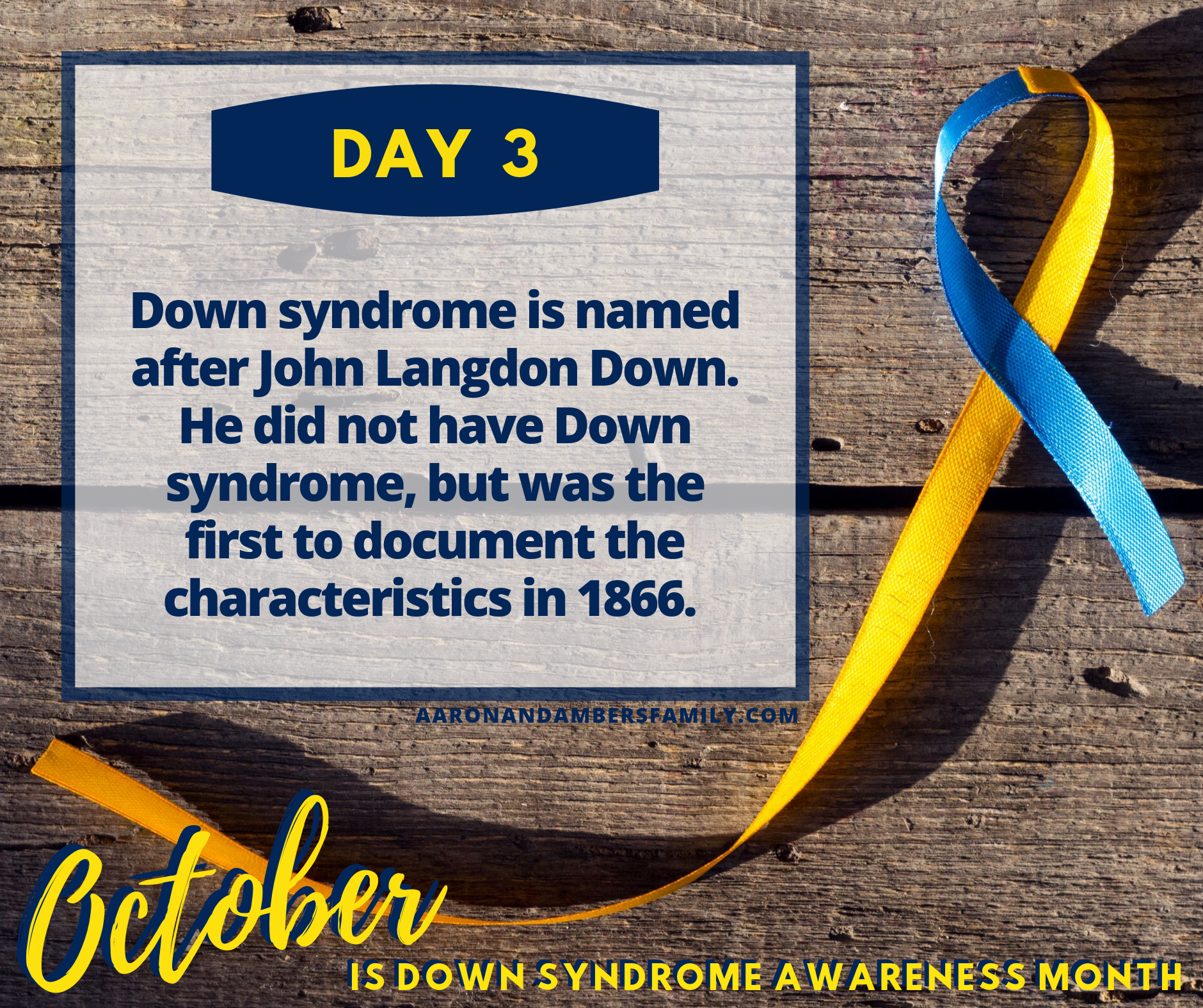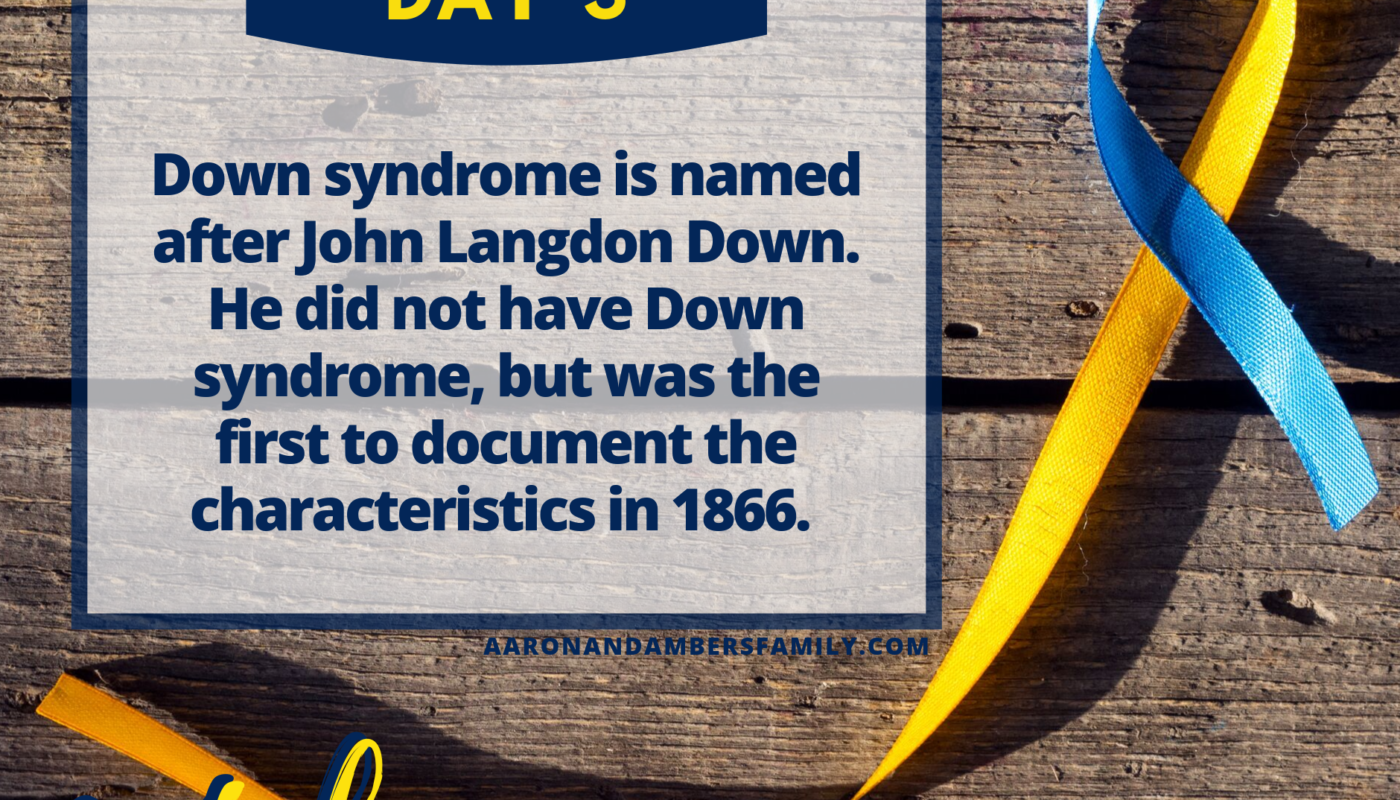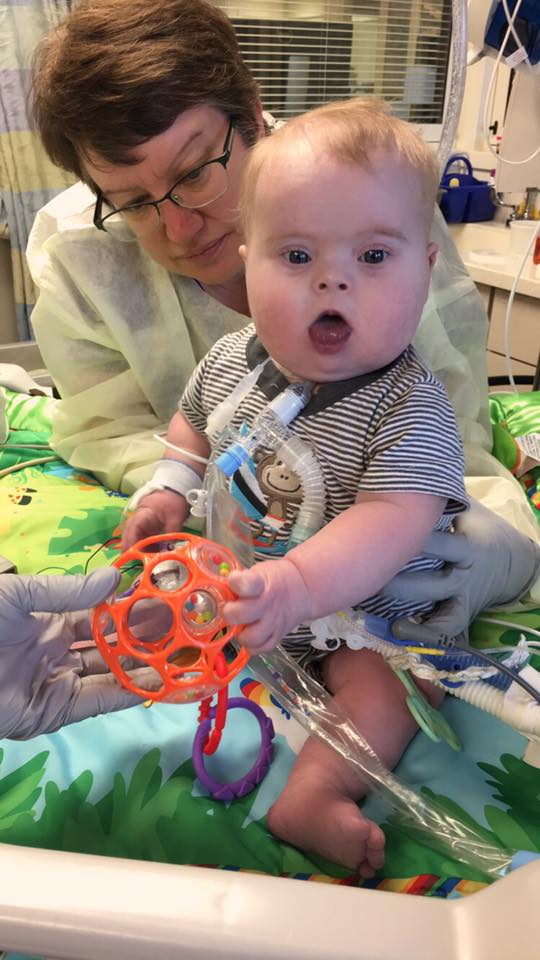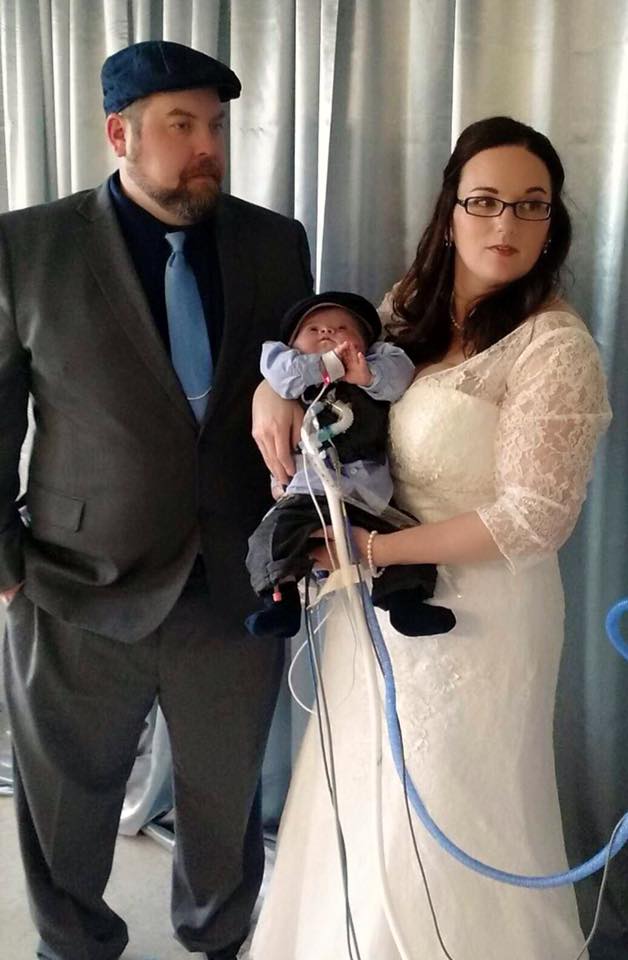Did you know that most syndromes, diseases and disorders are not named after people who had them, but rather by the people who discovered or documented them? This is also true of Down syndrome.

This tidbit of information has actually caused some confusion about whether we should be using Down syndrome or Down’s syndrome.
If you go back through the blog posts on here, you’ll see that I have a tendency to flip back and forth between using “Down Syndrome” and “Down’s Syndrome”. I have probably even used “DS” once or twice to avoid the anxiety about making the right choice.
Personally, I am blessed to have friends from both the US and the UK. In the UK, people tend to use “Down’s syndrome.” In the US we tend to use “Down syndrome”
So which is right? Should there, or should there not be an apostrophe? Does it matter? (Spoiler alert: no, it doesn’t).
The argument made in the US is that since John Langdon Down did not have nor possess Down syndrome, the possessive form shouldn’t be used.
Except there’s a problem with that line of thinking. In this usage, it’s not technically a possessive case. It’s actually a genitive case for an eponym. I’m not going to go full linguistics nerd on you, but if you are truly curious, Hayley at Downs Side Up has a great write up!
Needless to say, I originally wanted to comply with the rules that for some reason are still in my head from my college days. (Seriously, I have more important things that I need to remember!) But I’ve slowly transitioned to the form that is more commonly used locally.
Confession though: that may actually be a form of laziness. I’m often writing from my cell phone and it takes extra clicks to get to that apostrophe.
At the end of the day, choosing to use an apostrophe or not doesn’t change anything. We are all in this together.




